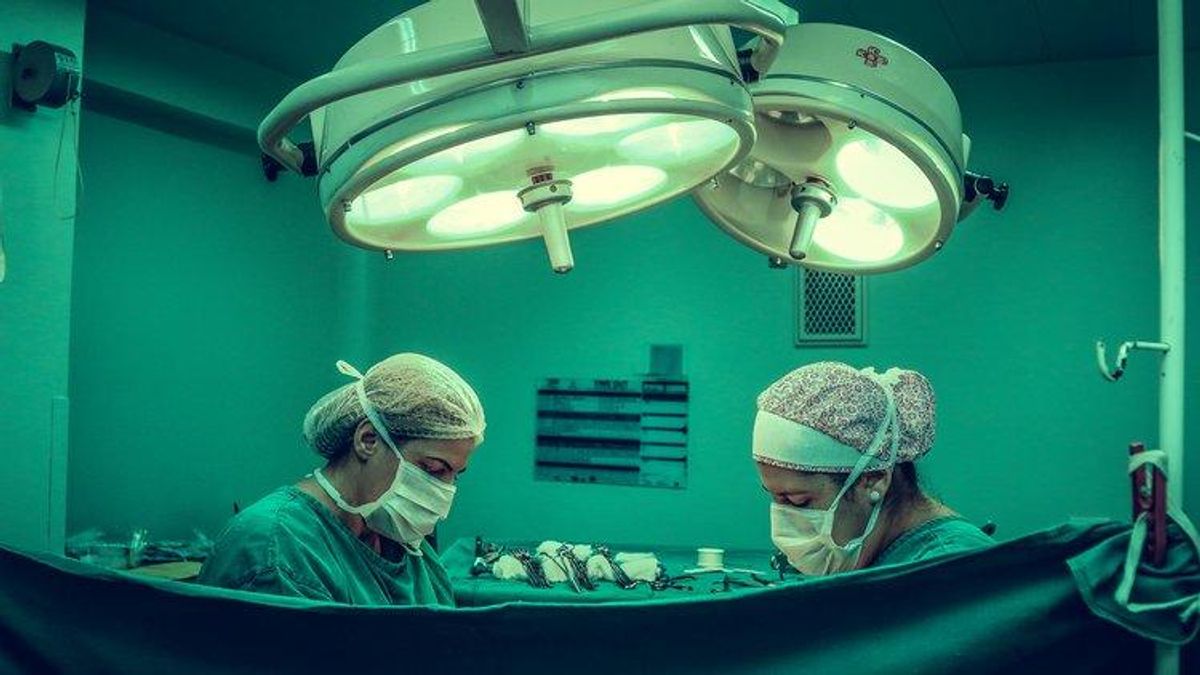Treatment
HIV-Positive Man in India Gets Successful Liver Transplant

Such transplants are a rare procedure in the nation.
July 24 2020 3:57 PM EST
July 29 2021 9:58 PM EST
By continuing to use our site, you agree to our Private Policy and Terms of Use.

Such transplants are a rare procedure in the nation.
Doctors at the Ruby Hall Clinic in Pune, India, have performed a successful liver transplant on an HIV-positive man from a brain-dead donor, a rare procedure in the nation.
“The recipient was discharged 12 days after surgery,” clinic CEO Bomi Bhote told The Times of India. “He is well on his way to recovery. His condition has been closely monitored, and he continues to have a normal liver function. This is the first successful cadaver liver transplant in a recipient with preexisting HIV in the city and among the very few transplant cases in the country.”
Until recently, HIV-positive people were ineligible for organ transplants in India, according to the Times. This recipient, age 54, was in dire need of a liver transplant, as he had end-stage liver disease due to the damage HIV had done to his immune system. The brain-dead patient proved to be a match for the recipient, and the surgery was performed July 2.
Both the donor and recipient were screened for COVID-19, and the medical team took other precautions as well, Manoj Shrivastav, chief hepatobiliary and liver transplant surgeon, told the Hindustan Times.
“In addition to the detailed decision-making that exists with most organ offers, the presence of HIV infection and the current pandemic added a new layer of dual complexity to this particular case with regard to the protection of the operating surgical team, nurses, and paramedical staff,” Shrivastav said. “One was the protection from exposure to body fluids and needle stick injury, owing to the HIV-positive status of the patient. The second was strict universal safety precautions from the COVID-19 infection. We minimized personnel in the operation theater and strictly adhered to the use of PPE kits while meticulously following internationally laid-down universal safety precautions guidelines.”